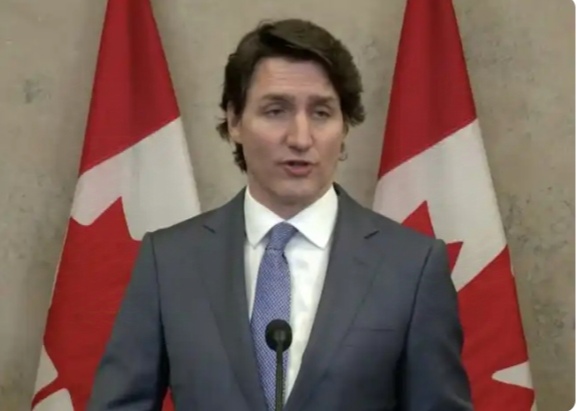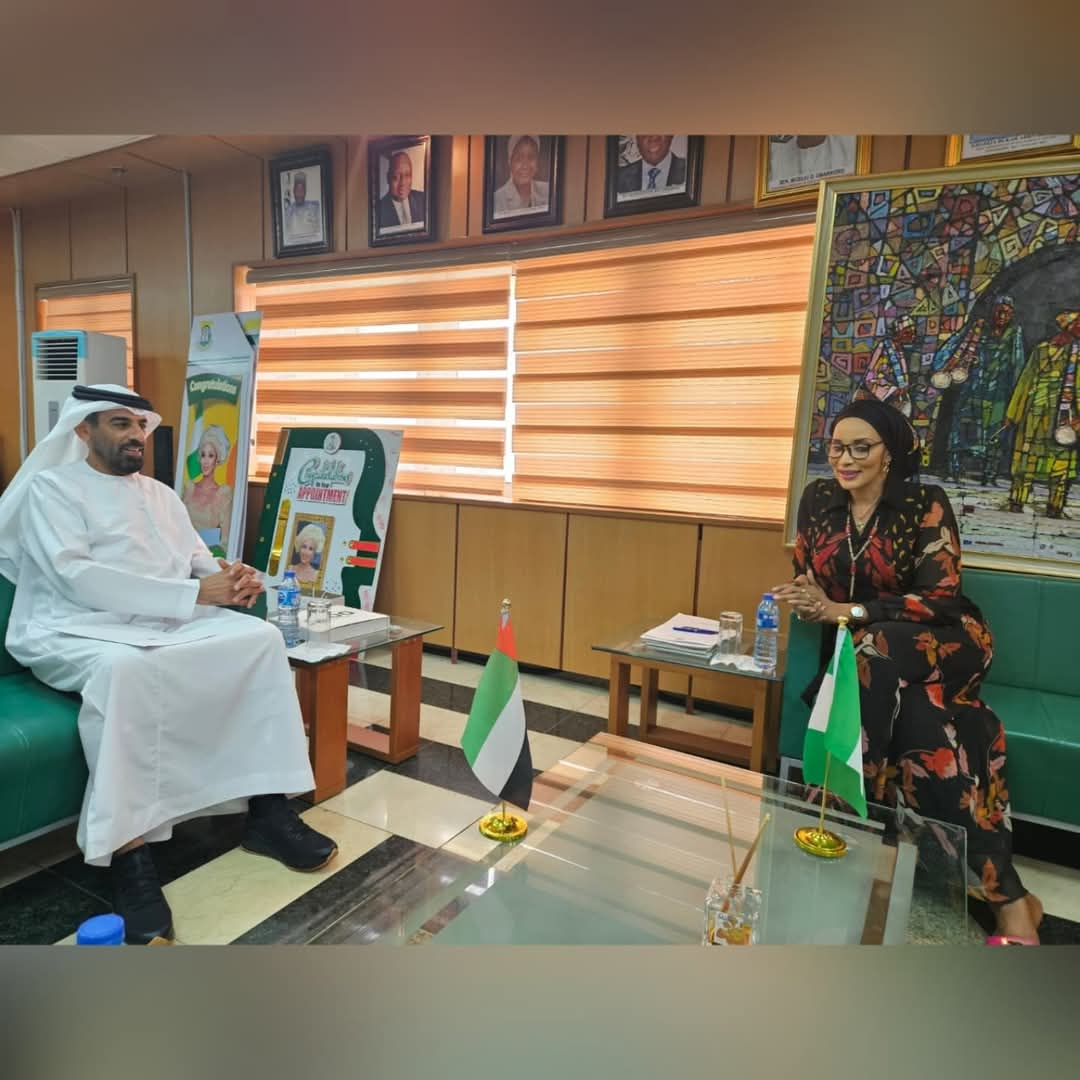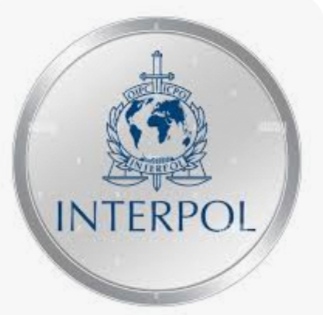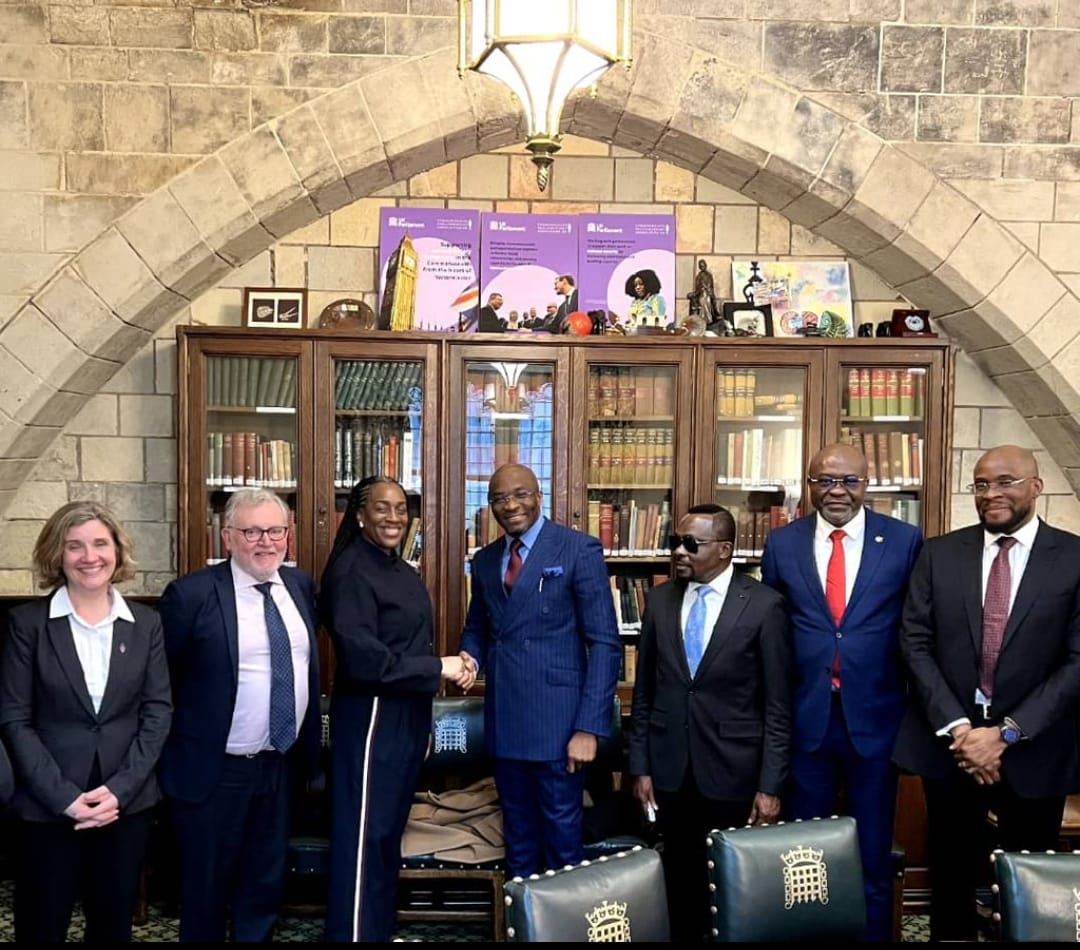Canadian Prime Minister Justin Trudeau, at a press briefing in Ottawa, on Monday announced his decision to step down as leader of the Liberal Party and Prime Minister of the country after the selection of a new party leader.
The shocking announcement marked a pivotal moment in Canadian politics as Trudeau prepares to exit the political stage he has dominated since 2015.
He said the decision followed extensive discussions with his family, crediting their support as the foundation of his political success.
He added that he informed his children of his resignation during dinner the previous evening.
Trudeau stated that his resignation is motivated by the belief that Canadians deserve “a real choice” in the next federal election.
He acknowledged ongoing internal challenges within the Liberal Party, saying, “If I have to fight internal battles, I cannot be the best option on the ballot for Canadians.”
The parliament, he noted, has been “paralysed for months”.
He cited obstruction and a lack of productivity during what he described as the longest session of a minority parliament in Canadian history.
To address this, Trudeau announced that parliament would be prorogued until March 24, 2025, to provide a fresh start for the country.
During the press conference, Trudeau highlighted his administration’s achievements, including reducing poverty, increasing workforce participation, and fostering economic inclusivity.
He described Canada as “a better country today” than when he took office in 2015.
However, Trudeau admitted to one significant regret: his inability to implement electoral reform.
He had hoped to introduce a system allowing Canadians to rank their second and third choices in elections, a measure he believed would reduce polarisation and encourage collaboration between political parties.
Trudeau also criticised Pierre Poilievre, leader of the Conservative Party, stating that his vision for Canada is “not the right one.”
He emphasised the importance of continuing the fight against climate change and pursuing an optimistic and ambitious future.
The Prime Minister expressed excitement about the leadership transition within the Liberal Party, describing it as an opportunity to reset Canadian politics.
He argued that his resignation and the prorogation of parliament would lower political polarisation and create a more productive environment to tackle domestic and international challenges.
Trudeau’s political journey began with a charity boxing match in 2012, which helped establish his leadership potential within the Liberal Party. Elected as party leader in 2013, he led the Liberals to a decisive victory in 2015 and secured two subsequent terms.
As he prepares to leave office, Trudeau reiterated his commitment to Canada’s best interests, stating, “Every bone in my body tells me to fight, but my love for Canada guides my decision.”
The Liberal Party is expected to begin the leadership selection process in the coming months, with Trudeau pledging full support during the transition.
…..P.M. NEWS





